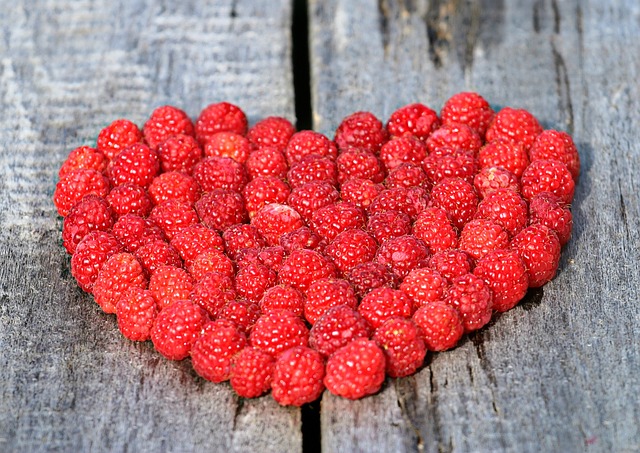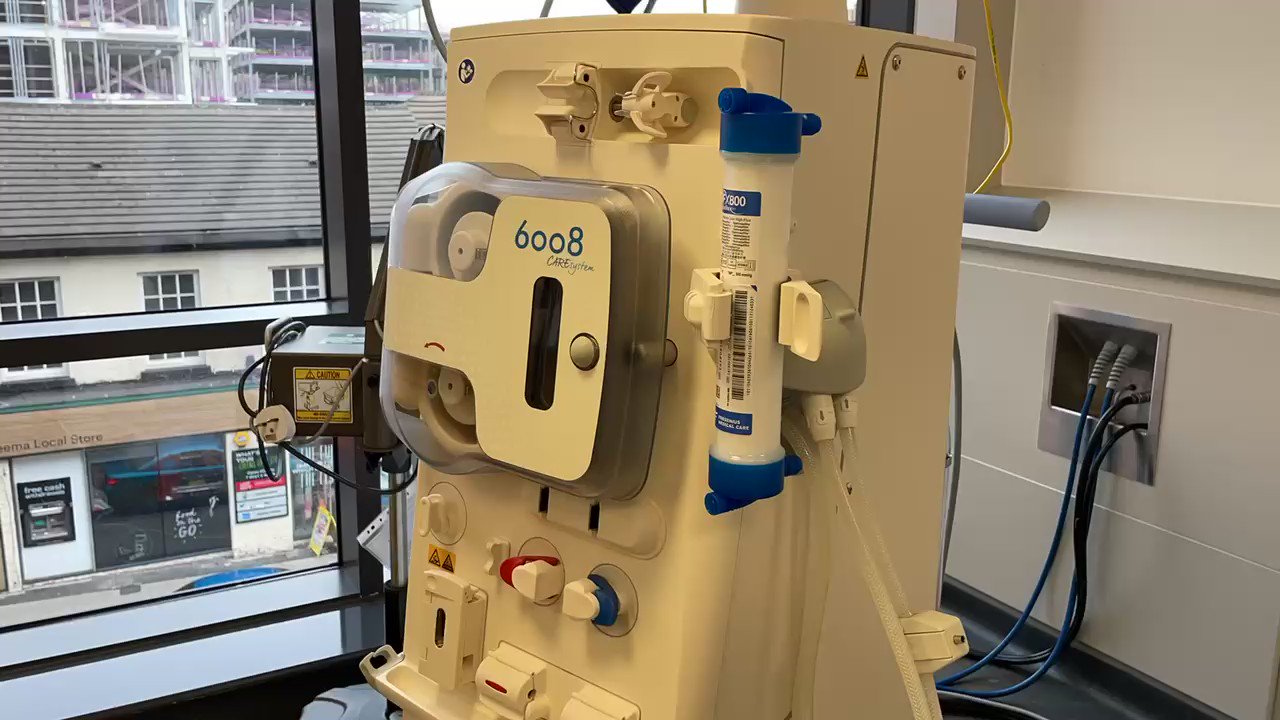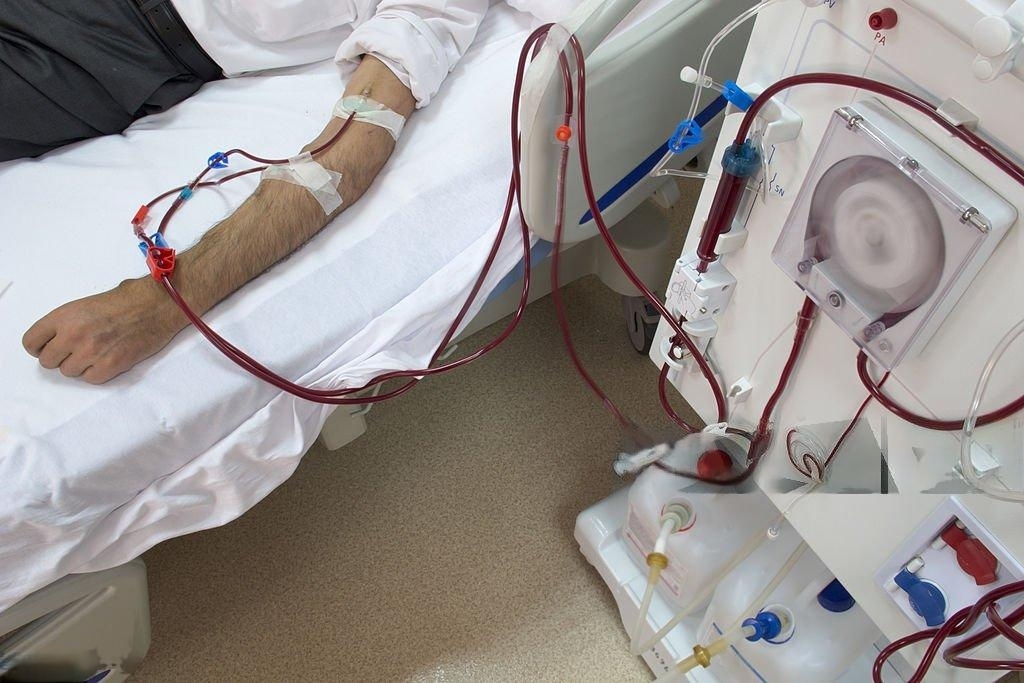The Best Low-Phosphorus, Low-Potassium Fruits for CKD and Dialysis Patients.
For people with Chronic Kidney Disease (CKD) or those undergoing dialysis, diet plays a crucial role in managing kidney health. Two minerals, potassium and phosphorus, are particularly important to monitor, as elevated levels can lead to complications. Fortunately, there are plenty of fruits that are naturally low in both potassium and phosphorus, allowing you to enjoy sweet flavors without compromising kidney health.
Here’s a list of low-phosphorus, low-potassium fruits that are typically safe for a kidney-friendly diet. Remember to consult your healthcare provider or dietitian for tailored advice, as individual needs vary.
1. Apples.
Apples are a great, kidney-friendly snack, low in both potassium and phosphorus. They’re also high in fiber and can be enjoyed fresh, baked, or in a homemade applesauce.
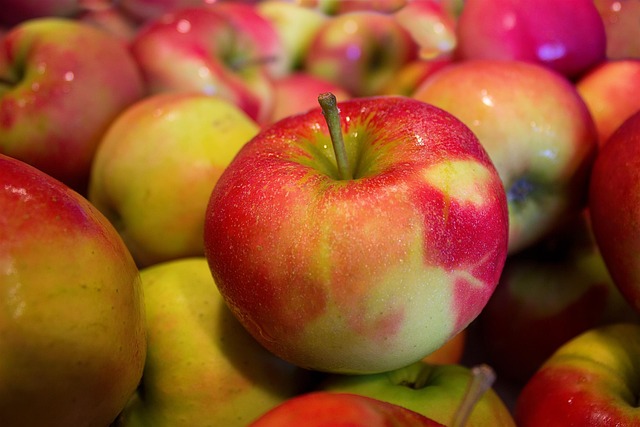
2. Blueberries.
These tiny berries pack an antioxidant punch while staying low in potassium and phosphorus. They’re perfect on their own, in oatmeal, or as a topping for low-fat yogurt.
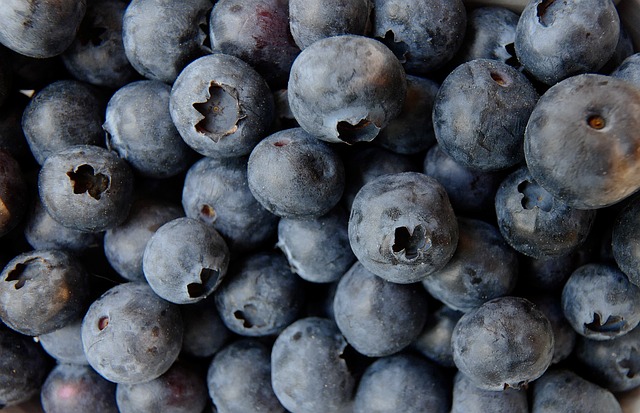
3. Grapes.
Grapes are hydrating and low in potassium, making them an ideal fruit for those on a kidney-friendly diet. Choose fresh grapes over juice for the fiber benefits and portion control.
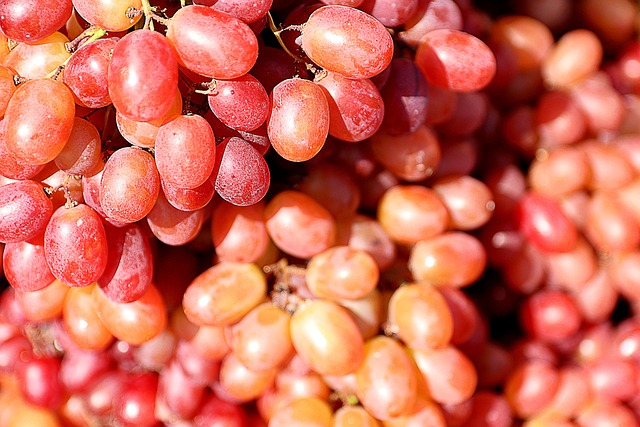
4. Pineapple.
Pineapple is an excellent low-potassium alternative to higher-potassium tropical fruits like bananas and oranges. Its sweet, tangy flavor makes it perfect in smoothies, fruit salads, or grilled.
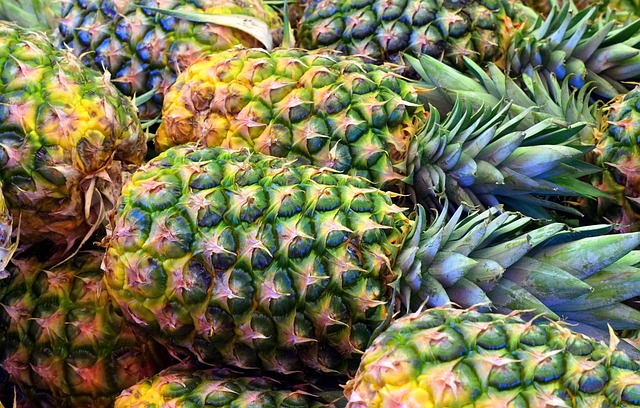
5. Cranberries.
Naturally low in potassium and phosphorus, cranberries are great for supporting urinary tract health. Opt for fresh or dried (unsweetened) cranberries, as cranberry juice often contains added sugar.
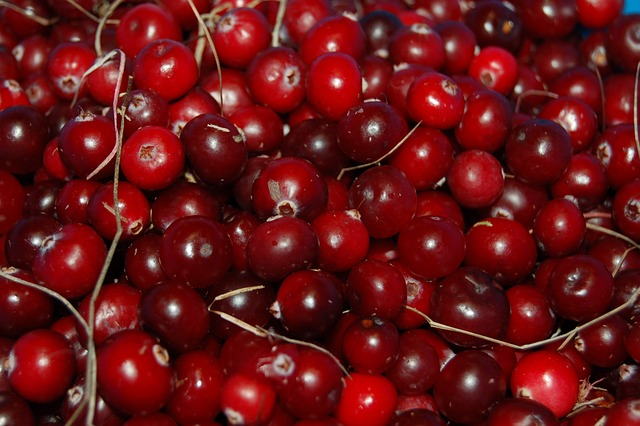
6. Strawberries.
Strawberries are a low-potassium berry rich in vitamin C and antioxidants. They’re refreshing on their own, blended into smoothies, or sliced on top of salads.
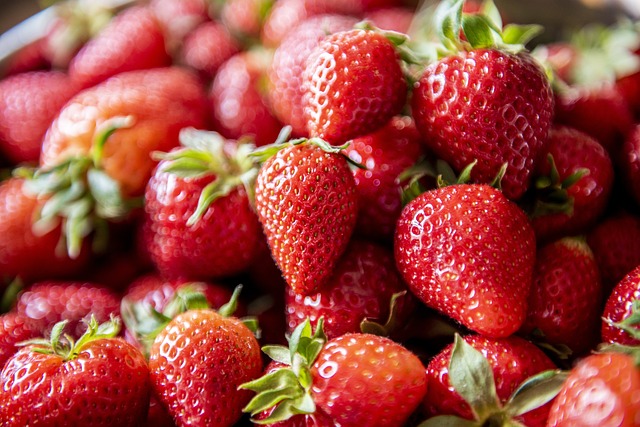
7. Raspberries.
These small berries are low in potassium and a good source of fiber, making them an excellent choice for CKD patients. Raspberries add color and flavor to any meal or snack.
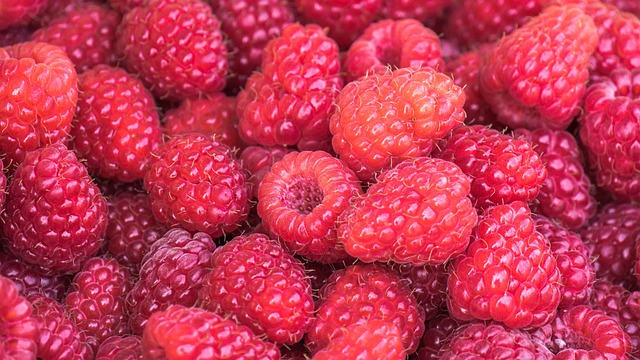
8. Watermelon.
With a high water content, watermelon is low in potassium and can be enjoyed in moderation. It’s refreshing as a hydrating snack, especially during warm weather.
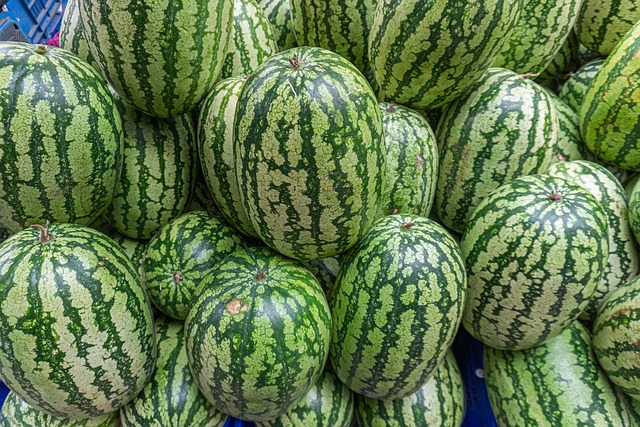
9. Peaches.
Peaches are a low-potassium fruit that can be eaten fresh, frozen, or canned (without syrup). They’re great for adding sweetness to your meals without compromising kidney health.
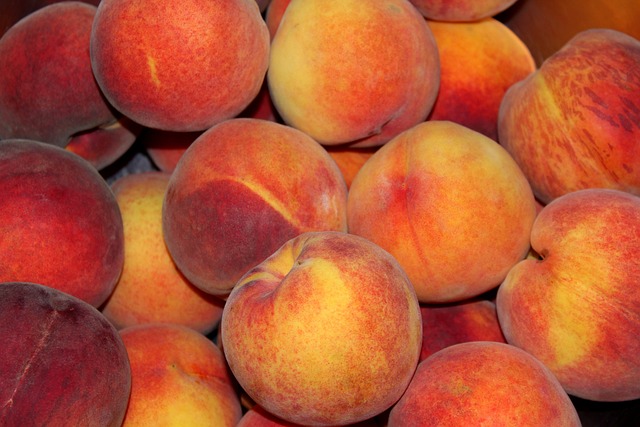
10. Pears.
Pears are a great option due to their low potassium and phosphorus levels. They’re versatile and can be eaten fresh, baked, or sliced in salads.
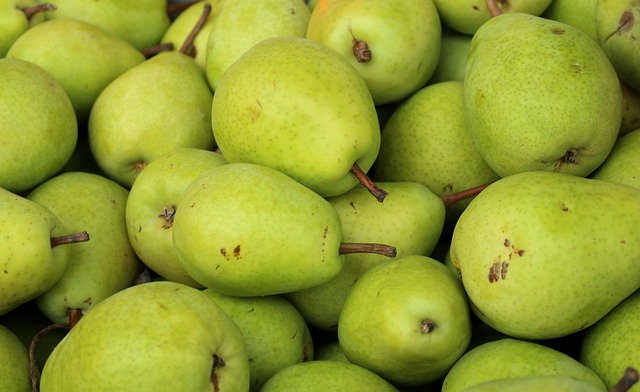
Tips for Managing Potassium and Phosphorus in Your Fruit Choices
- Check Canned Fruit Labels: For convenience, canned fruits can be a good option. Just be sure to select those canned in water or juice instead of syrup to avoid added sugars.
- Mind Portion Sizes: Even low-potassium fruits can add up if eaten in large quantities, so practice portion control. As a rule of thumb, stick to half a cup per serving for low-potassium fruits.
Kidney-Friendly Fruit Snack Ideas
If you’re looking for creative ways to enjoy these fruits, here are some easy snack ideas:
- Apple and Blueberry Salad: Chop a fresh apple, toss with blueberries, and add a sprinkle of cinnamon for a refreshing, kidney-friendly snack.
- Frozen Grapes: Freeze grapes for a cold treat that’s sweet, hydrating, and low in potassium.
- Pineapple and Strawberry Skewers: Skewer chunks of pineapple and strawberries for a fun, portable snack or dessert.
- Raspberry Smoothie: Blend a handful of raspberries with a splash of almond milk and ice for a kidney-safe smoothie.
Stay Hydrated and Nourished
For CKD and dialysis patients, maintaining hydration is also essential. Many of these fruits, like watermelon and grapes, have high water content, making them a hydrating snack option. They add variety and flavor to your diet while keeping potassium and phosphorus levels in check.
Final Thoughts
A kidney-friendly diet doesn’t have to be bland or limiting. By focusing on these low-phosphorus, low-potassium fruits, you can enjoy sweet, refreshing flavors while supporting kidney health. Always work with your healthcare provider to tailor your diet to your specific needs, and feel free to get creative with recipes to make your meals both nutritious and enjoyable.
